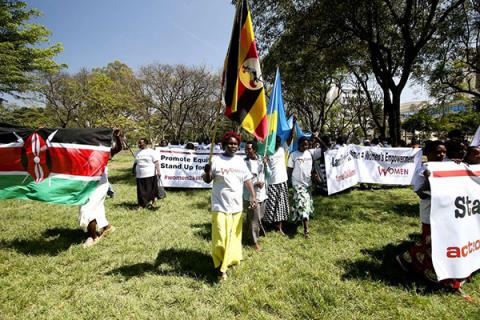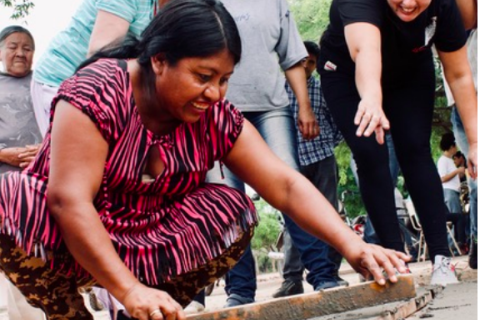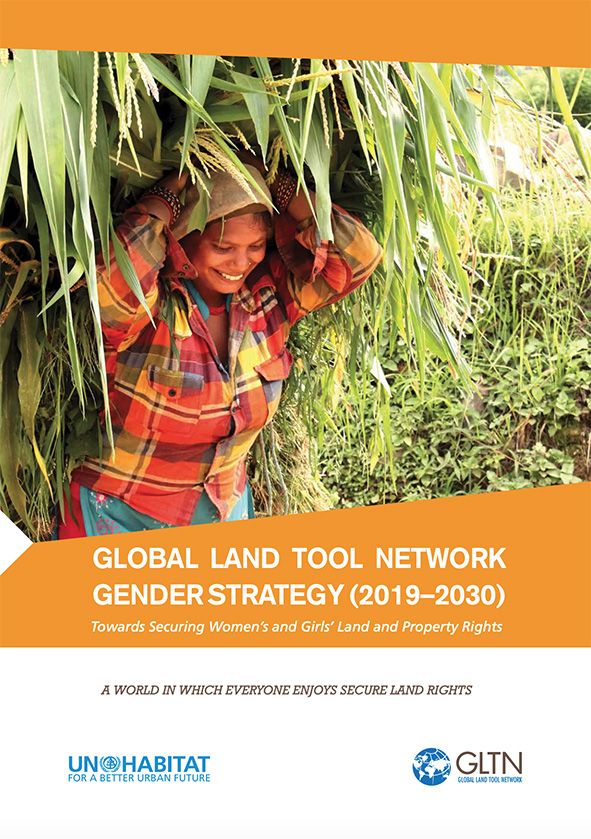Rwanda, Tanzania lead in women’s land, property rights
Rwanda and Tanzania are among six countries in Africa seen to be working towards securing land rights to at least 30 per cent of their women by 2025.
According to a report by the Africa Land Policy Centre, these six countries—the rest being Botswana, Ethiopia, Senegal and Malawi — have or are working on the policies, institutional and legal frameworks to ensure women have equal access to land.
They also have mechanisms to collect sex-disaggregated and specific data on women’s land tenure security.










